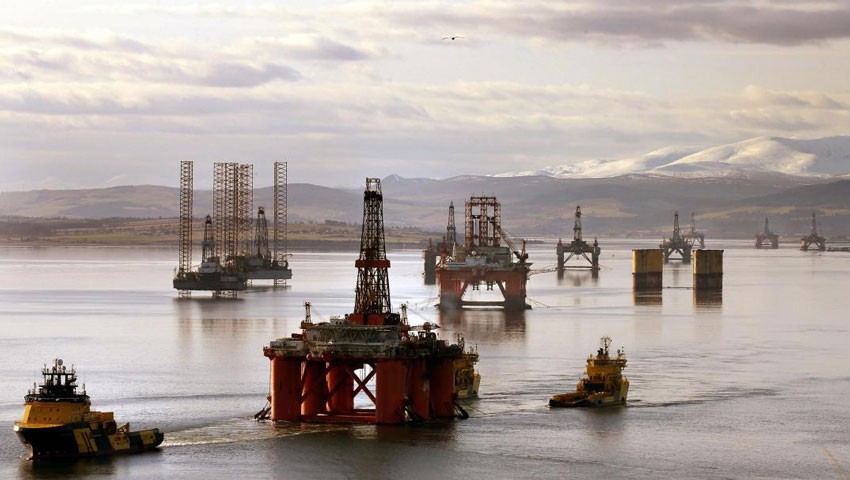
By Anders Lorenzen
After much speculation and pressure from campaigners and opposition parties, the UK government has finally confirmed that they will impose a windfall tax on the oil and gas industry.
But they don’t want to call it a windfall tax, probably because they want it to sound different from the Labour Party’s proposal. The fancy wording chosen by the UK government was instead a ‘temporary, targeted energy profits levy’. But a rose is a rose is a rose, whatever the name, a tax will be imposed albeit only temporary on UK’s oil and gas industry. And it is due to be in place until normal conditions are resumed in the energy market.
Surging energy prices
The policy U-turn from the Conservative UK government has come to fruition in light of the cost-of-living crisis, in which energy prices have risen dramatically. This is mostly due to the war in Ukraine, but even before then, gas prices had surged. And as energy prices rose, energy companies enjoyed much higher profits than expected, while at the same time households across the UK have had to endure severe financial crises.
The UK Chancellor, Rishi Sunak announced a £15bn support package for households struggling with the cost-of-living crisis. Announcing the policy, Sunak said: “The oil and gas sector is making extraordinary profits, not as the result of recent changes to risk-taking or innovation or efficiency, but as the result of surging global commodity prices driven in part by Russia’s war.”
There might be some hidden victories for climate advocates, as the fossil fuel giant Shell has said that the windfall tax could cancel some North Sea oil and gas projects. The fossil fuel giant said that the tax will damage investor confidence in the North Sea oil and gas for the coming years.
However, campaigners have warned about a giant loophole in the windfall tax. The thinktank Common Wealth argues that the North Sea oil and gas companies, which already benefit from huge tax breaks, could use the fresh rules to slash how much they pay under the windfall tax. They explain that Sunak risks raising only a fraction of the £5bn he expects, as the policy allows the cost of new investments to be offset against profits.
Climate advocates have been arguing that, due to the climate crisis, we cannot afford to make new fossil fuel investments. They will be delighted with the windfall tax announcement. But at the same time, they will be concerned that it is only temporary and that it was the cost-of-living crisis and not the climate crisis which brought it about.
Categories: energy, policy, UK, UK politics
6 replies »